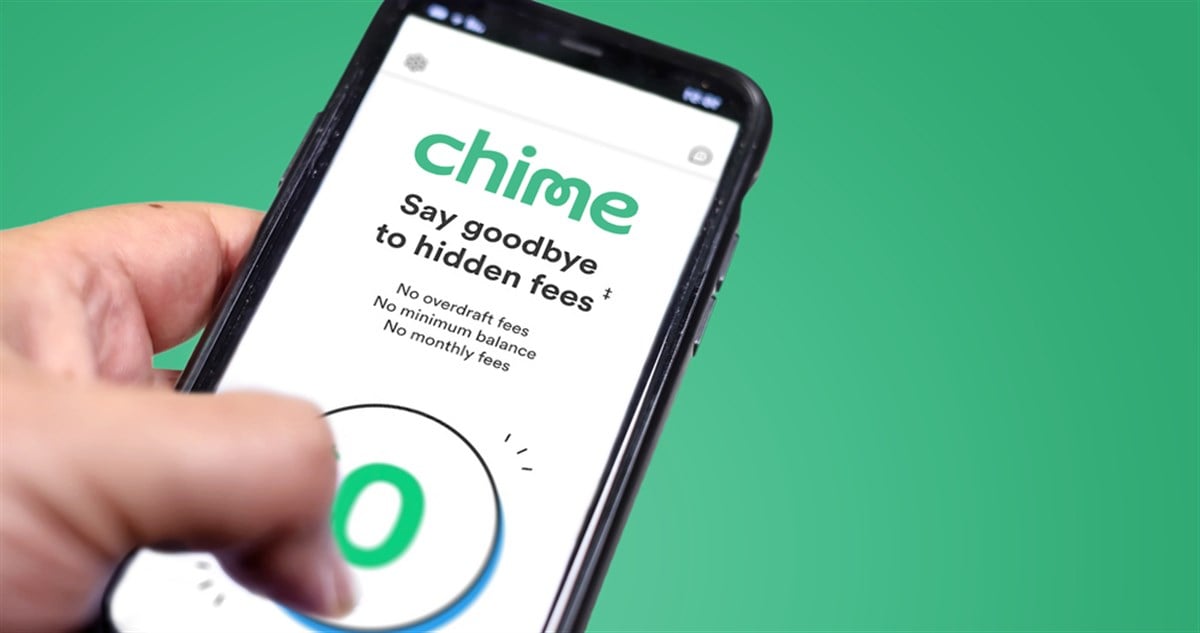
On June 12, Chime Financial (NASDAQ: CHYM) launched onto the public market with impressive results. Chime’s stock, priced to open at $27.00 per share, jumped 37% by the end of its first trading day. But the real story for investors is the excitement of the first-day pop; it's the price tag the company accepted. Chime’s IPO was valued at $11.6 billion, but that is a very steep discount from the $25 billion valuation it held as a private company in 2021.
For many, a lower valuation threw up a red flag. But in today’s market, which values real profits over speculative growth, this move looks less like a weakness and more like a strength. Chime’s disciplined approach demonstrates to investors that it understands the new rules of the game, establishing a realistic foundation for long-term growth and avoiding the hype cycle altogether.
Chime's Breakthrough Into Profitability
The most substantial evidence supporting Chime’s strategy is its recent financial performance. In the first quarter of 2025, right before going public, the company did something many high-growth fintechs have struggled to do: it turned a profit. Chime reported a net income of $12.9 million on revenue of $518.7 million, a 32% jump from the previous year.
This is a critical turning point. For years, Chime spent heavily on marketing to attract new users, resulting in significant losses, including a $25.34 million loss for the full year 2024. The shift to profitability indicates that the business has reached a considerable milestone, where its revenue is finally growing faster than its costs. By proving it could generate revenue before seeking public investment, Chime significantly reduced the risk for new shareholders and demonstrated that its business model is effective at scale.
How Chime Out-Earns Big Banks
Chime makes money in a simple but effective way: through interchange fees. Every time one of its 8.6 million members swipes their Chime card, the merchant pays a small fee, and Chime gets a cut. However, Chime has a built-in advantage that makes this business especially profitable, thanks to a banking rule known as the Durbin Amendment.
- This rule limits the interchange fees that large banks with over $10 billion in assets can collect from debit card transactions.
- Chime partners with smaller banks that are under this asset threshold, making them exempt from the fee cap.
- As a result, Chime can earn a higher fee on each transaction than most of its larger competitors.
This gives the company a protected and high-margin revenue stream. Building on this solid base, Chime has clear plans to grow. The company can increase its average revenue per user (ARPU) by offering new products to its existing customers. Its MyPay feature, which gives members early access to their earned wages, is a perfect example of how it can add new services that both help members and generate more revenue, creating a clear path for future earnings growth.
Before You Invest: 3 Factors to Monitor
While Chime has a compelling story, investors should keep an eye on a few key factors. First, as a newly public company, its stock price will likely be volatile in the short term as the market settles on a long-term valuation.
Second, the financial technology sector is constantly under regulatory watch. Any new rules affecting banking or interchange fees could change the landscape for Chime’s business.
Finally, a crucial date is approaching: the IPO lock-up expiration, expected around December 9, 2025. On this day, company insiders and early investors will be allowed to sell their shares for the first time. This event can create a sudden surge of new shares on the market, which can overwhelm buyer demand and temporarily put downward pressure on the stock price.
Chime’s Story of Discipline Over Hype
Chime’s successful IPO was a story of innovative adaptation. By choosing a sensible valuation and demonstrating its profitability, the company has shown that it is built for today’s investment climate, which values substance over sizzle. With a profitable and protected business model, a loyal customer base, and clear avenues for growth, Chime has established a strong foundation for creating long-term value for its shareholders.
Where Should You Invest $1,000 Right Now?
Before you make your next trade, you'll want to hear this.
MarketBeat keeps track of Wall Street's top-rated and best performing research analysts and the stocks they recommend to their clients on a daily basis.
Our team has identified the five stocks that top analysts are quietly whispering to their clients to buy now before the broader market catches on... and none of the big name stocks were on the list.
They believe these five stocks are the five best companies for investors to buy now...
The article "Chime’s Smart IPO: Half the Valuation, Double the Strength" first appeared on MarketBeat.

.png?w=600)





